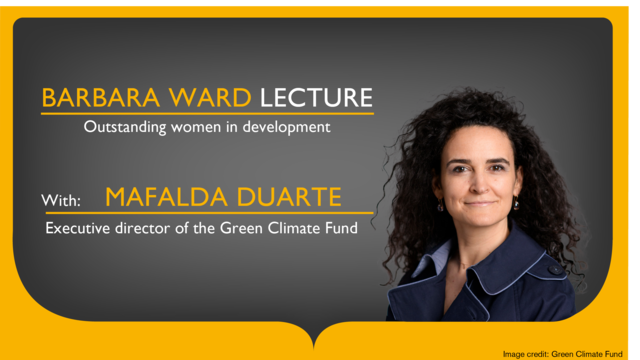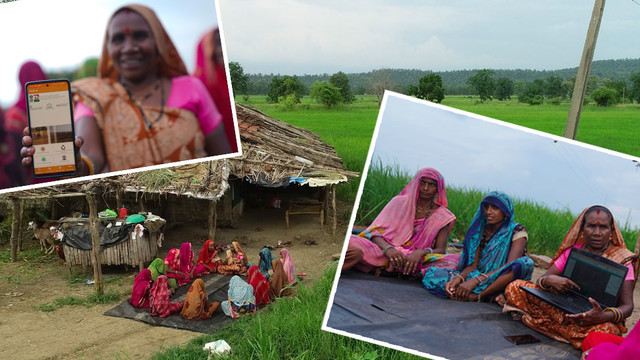Donor nations get low scores on climate finance transparency scorecard
Developed countries are being far from transparent about the climate-change finance they promised to developing nations at the Copenhagen summit in 2009, according to a scorecard published today (19 September) by IIED.
Developed countries are being far from transparent about the climate-change finance they promised to developing nations at the Copenhagen summit in 2009, according to a scorecard published today (19 September) by IIED.
The scorecard's authors urge international negotiators who are gathering for talks under the UN Framework on Climate Change at the end of next week in Panama to set up an independent registry of climate finance that includes project-level information.
Norway ranked top on the scorecard – but with a score of only 52% -- while New Zealand came last with just 26%. The generally low scores mask progress in some areas and show that countries are not consistent in being transparent about all aspects of their funding.
The scorecard's authors say the overall lack of transparency hinders efforts to monitor where the money goes and ensure it is spent responsibly. It also means recipient countries may struggle to plan their responses to climate change.
The scorecard assesses how transparent countries have been in the delivery of US$30 billion of 'new and additional' funds, which they agreed to provide to developing countries between 2010 and 2012.
To evaluate the transparency of these reports, David Ciplet and J. Timmons Roberts at Brown University in the United States, Martin Stadelmann at the Center for Comparative and International Studies, ETH and University of Zurich and Saleemul Huq and Achala Chandani at IIED created a scorecard based on 25 criteria in three groups:
• Is the summary information adequate and clear?
• Are the methods for measuring and allocating climate finance clearly defined?
• Are data presented for individual projects?
Countries varied greatly across these three groups of criteria: Australia scored 73% for summary information, but 17% for its baseline information and 0% for its project data.
"A transparent system for reporting on climate finance is essential to make sure that funds are adequate, predictable and used responsibly," says David Ciplet. "Greater transparency will be critical to building trust in the international negotiations towards a global agreement on how to tackle climate change."
The scorecard's authors call for a comprehensive registry of funds, with a standard format for donor countries to use when reporting on the climate finance they have disbursed.
They say the registry should:
• provide accessible and comprehensive national reporting including an assessment of whether or not funding is new and additional;
• provide detailed project data that allow civil society to verify that funds are delivered and used responsibly; and
• delineate public funds from private and carbon market funds, adaptation funding from other types of funding, and grants from loans.
"Transparency is as important for taxpayers in the North as it is for climate-vulnerable countries in the South," says Dr Saleemul Huq, senior fellow in the climate change group at IIED. "Transparent reporting is essential to enable recipient countries to plan their responses to climate change and for civil society to hold governments to account on their promises."
The total scores for each country are reproduced below. For the full scores in each category, download the full briefing paper.
Norway 52%
Japan 50%
European Union 48%
Australia 34%
Switzerland 32%
United States 32%
Canada 30%
Iceland 30%
Lichtenstein 30%
New Zealand 26%


